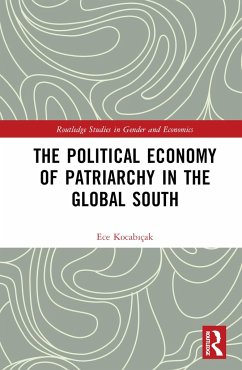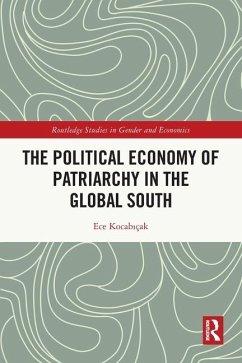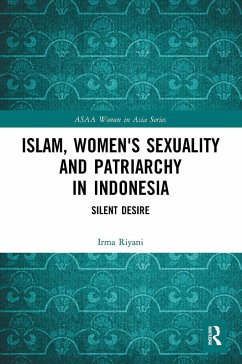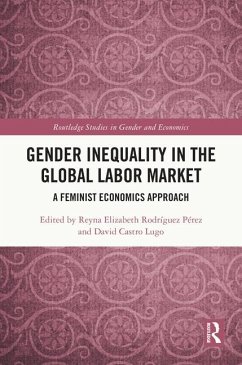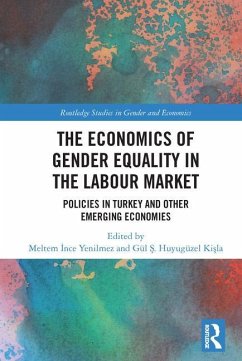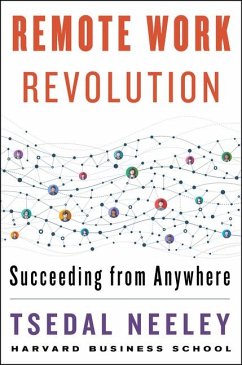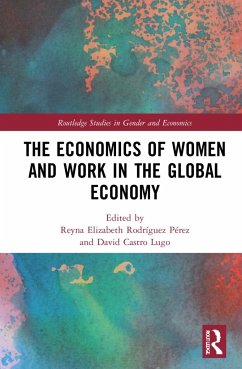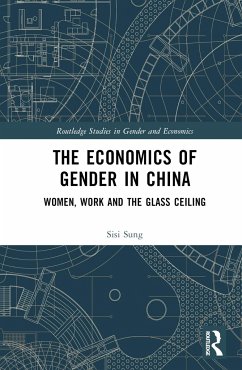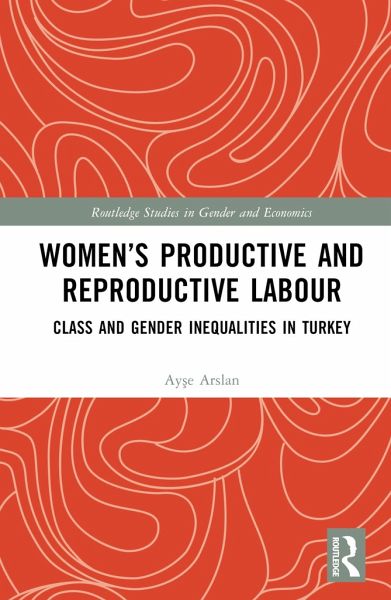
Women's Productive and Reproductive Labour
Class and Gender Inequalities in Turkey
Versandkostenfrei!
Versandfertig in 6-10 Tagen
144,99 €
inkl. MwSt.
Weitere Ausgaben:

PAYBACK Punkte
72 °P sammeln!
This book looks at the dynamic relationship between women's productive and reproductive work in a Global South country from a Global South perspective.Applying a feminist political economy and historical materialist approach and building on an ethnographic extended case study, it analyses the relationships between class and gender across both the productive and reproductive realms at the macro and micro levels in the case of women garment workers in Turkey. Overall, it shows that the material and social conditions of women's productive and reproductive work co-constitute each other. It suggest...
This book looks at the dynamic relationship between women's productive and reproductive work in a Global South country from a Global South perspective.
Applying a feminist political economy and historical materialist approach and building on an ethnographic extended case study, it analyses the relationships between class and gender across both the productive and reproductive realms at the macro and micro levels in the case of women garment workers in Turkey. Overall, it shows that the material and social conditions of women's productive and reproductive work co-constitute each other. It suggests that productive and social reproductive labour should be examined as an integrated process and an interrelated social relation, in constant dialogue with other social relations.
This book is of interest to researchers and students in the disciplines of gender studies, labour studies, feminist economics, sociology and development studies. Given that most studies on social reproduction have largely focused on the Global North, this book is of particular interest to those in search of a more comprehensive and holistic understanding. It is also of great relevance to policymakers concerned with gender and labour issues as well as labour and feminist activists.
Applying a feminist political economy and historical materialist approach and building on an ethnographic extended case study, it analyses the relationships between class and gender across both the productive and reproductive realms at the macro and micro levels in the case of women garment workers in Turkey. Overall, it shows that the material and social conditions of women's productive and reproductive work co-constitute each other. It suggests that productive and social reproductive labour should be examined as an integrated process and an interrelated social relation, in constant dialogue with other social relations.
This book is of interest to researchers and students in the disciplines of gender studies, labour studies, feminist economics, sociology and development studies. Given that most studies on social reproduction have largely focused on the Global North, this book is of particular interest to those in search of a more comprehensive and holistic understanding. It is also of great relevance to policymakers concerned with gender and labour issues as well as labour and feminist activists.




